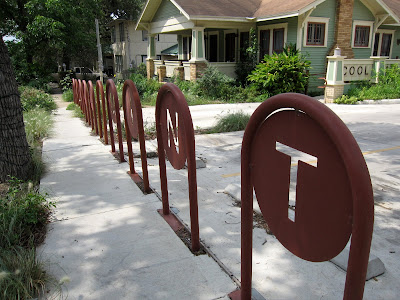 "They shall beat their swords into plowshares."
"They shall beat their swords into plowshares." This rendering of Isaiah 2:4 contains an anachronism introduced by the translators. The plowshare belonged to the type of plow invented in the seventh century A.D. in order to turn the heavy turf of Europe. It was unknown in the East at the time those words were written.
Far from the Madding Crowd. This is the title of Thomas Hardy's novel as correctly rendered: the word is not maddening, which is often said and which means something else. Madding means "frenzied" and maddening means "annoying." Hardy did not originate the phrase, but borrowed it from Thomas Gray's "Elegy Written in a Country Churchyard."
"Dear hearts and gentle people." Despite a widespread belief to the contrary, these are not the words found on a scrap of paper in the possession of Stephen Foster when he died. They are, rather from a popular song of the 1950s. What Foster had written was "Dear friends and gentle hearts." Nobody has ever figured out why he wrote it. Some speculate that it was a title or a phrase he meant to use in a song.
bulldog. Not so named because of its appearance, but because bulldogs were especially bred during medieval times in England for the cruel sport of bullbaiting, which continued to be popular until the eighteenth century.

















